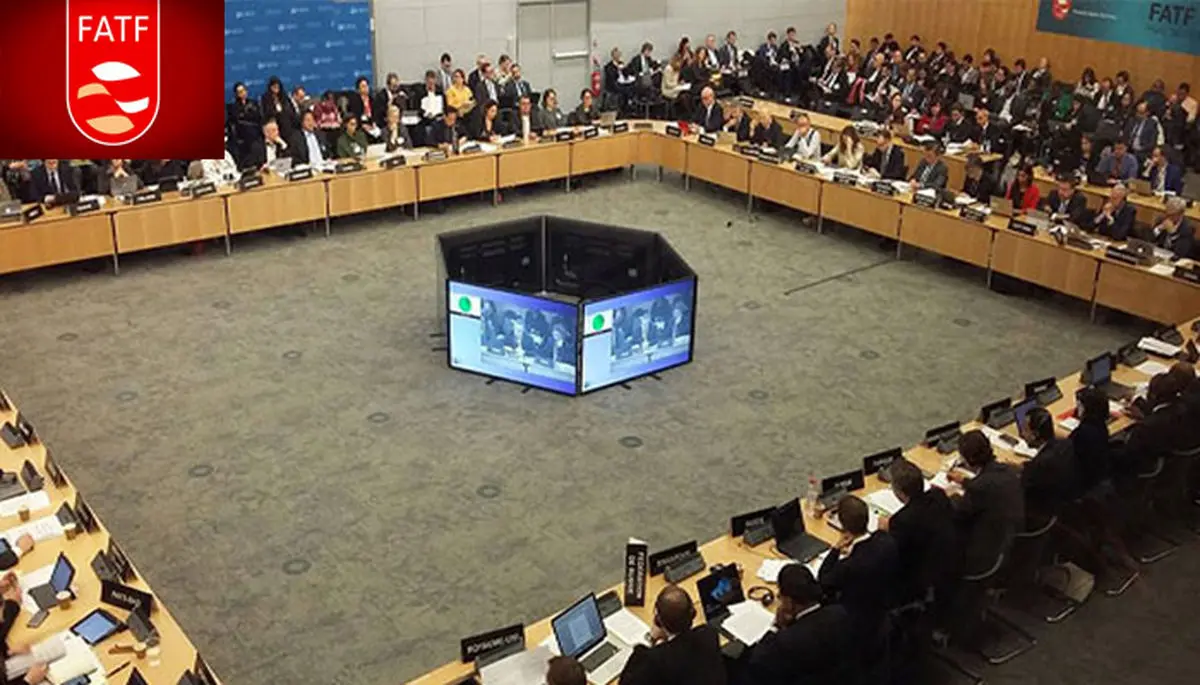FATF gives Iran until February to complete reforms

The international group that monitors money laundering worldwide said on Friday Iran had until February to complete reforms that would bring it into line with global norms or face consequences.
"The Financial Action Task Force decided at its meeting this week to continue the suspension of counter-measures," it said in a statement, Reuters reported.
"However, the FATF expresses its disappointment that the majority of the Action Plan remains outstanding and expects Iran to proceed swiftly in the reform path."
Iran has been attempting to bring itself into line with global anti-money laundering and countering financing of terrorism rules since it committed to completing an Action Plan set forth by the FATF.
The country is under pressure to find new ways to maintain connections to the global financial system as US sanctions bite and the Trump administration prepares to impose measures intended to stop Iranian oil exports in November.
In June 2016, the FATF welcomed Iran’s high-level political commitment to address its strategic AML/CFT deficiencies, and its decision to seek technical assistance in the implementation of the Action Plan. Given that Iran provided that political commitment and the relevant steps it has taken, the FATF decided in June 2018 to continue the suspension of counter-measures.
Iran's Progress
In December 2017, Iran established a cash declaration regime. Since June it has enacted amendments to its Counter-Terrorist Financing Act and Parliament has passed amendments to its AML law and bills to ratify the Palermo and TF Conventions. The FATF notes the progress of the complex legislative process.
"As with any country, the FATF can only consider fully enacted legislation. Once the remaining legislation is fully in force, the FATF will review this alongside existing enacted legislation to determine whether the measures contained therein address Iran’s Action Plan, in line with the FATF standards," the group said in its statement on Friday.
It added that Iran’s action plan expired in January. In October the FATF noted that the following items are still not completed and Iran should fully address its remaining items, including: adequately criminalizing terrorist financing, including by removing the exemption for designated groups “attempting to end foreign occupation, colonialism and racism”, identifying and freezing terrorist assets in line with the relevant United Nations Security Council resolutions, ensuring an adequate and enforceable customer due diligence regime, ensuring the full independence of the Financial Intelligence Unit, ratifying and implementing the Palermo and TF Conventions and clarifying the capability to provide mutual legal assistance.
"By February 2019, the FATF expects Iran to have brought into force the necessary legislation in line with FATF standards, or the FATF will take further steps to protect against the risks emanating from deficiencies in Iran’s AML/CFT regime. The FATF also expects Iran to continue to progress with enabling regulations and other amendments," it said.
Iran will remain on the FATF Public Statement until the full Action Plan has been completed. Until Iran implements the measures required to address the deficiencies identified in the Action Plan, the FATF calls on its members and urges all jurisdictions to continue to advise their financial institutions to apply enhanced due diligence, including obtaining information on the reasons for intended transactions, to business relationships and transactions with natural and legal persons from Iran, consistent with FATF Recommendation 19.
Iranian lawmakers on October 7 passed an important bill that allows Iran to join the UN convention that aims to cut off terror financing. The measure, which was fiercely opposed by hardline groups, was passed by 143 votes to 120 and was the last piece of legislation sent by the government to bring the country in line with global standards on countering the financing of terrorism and anti-money laundering.
END
